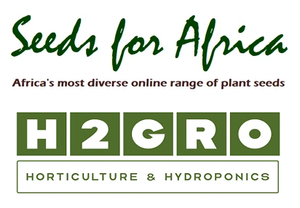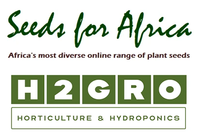Certified Organic Range
- African Horned Melon
- Aquadulce
- Artichoke
- Asparagus
- Baby Lettuce
- Baby Marrow
- Baby veg
- Basil
- Beans
- Beetroot
- Berry
- Bishops Crown
- Black Mustard
- Borage
- Brassica
- Broad Bean
- Broccoli
- Butternut
- Cabbage
- Calendula
- Cape Gooseberry
- Carrot
- Cauliflower
- Celeriac
- Celery
- Certified Organic
- Chamomile
- Cherry Tomato
- Chicory
- Chilli
- Chives
- Coriander
- Corn
- Cucumber
- Cucumis
- Dill
- Dulcina
- Edible Flower
- Eggplant
- Endive
- Evening Primrose
- Extremely Hot Chilli Peppers
- Fennel
- Flower
- Fruit
- Gourd
- Heirloom
- Herb
- herbs
- Hot Chilli
- Hot Pepper
- Hubbard
- kale
- Kiwano
- Kohlrabi
- Lavender
- Leek
- Lemon Balm
- Lettuce
- Maize
- Marjoram
- Medicinal
- Medium Chilli
- Melon
- Melons
- Mild Chilli
- Mustard
- Mustard Greens
- Night Shade
- Okra
- Onion
- Opuntia
- Oregano
- Organic
- Parsley
- Parsnip
- Pea
- Peas
- Peppadew
- Peri-peri
- Physalis
- Prickly pear
- Pumpkin
- Purple Broccoli
- Radicchio
- Radish
- Rainbow
- Red Amarant
- Rocket
- Sage
- Salad Greens
- Snap Peas
- Snow Peas
- Soup
- Spanspek
- Spinach
- Spring Onion
- Sprouting Seeds
- Squash
- Sunflower
- Sweet Pepper
- Sweetcorn
- Swiss Chard
- Thyme
- Tomatillo
- Tomato
- Turnip
- Unique
- unique vegetable
- Vegetable
- Watermelon
- Wild Rocket
- Zucchini
WHY CHOOSE ORGANIC??
It is absolutely all about personal choice. However, studies have shown that organically grown food contains higher amounts of Vitamin C, magnesium, phosphorous, and iron. All these nutrients are vital for healthy functioning of our bodies. Organic fruits and vegetables are high in nutrients and antioxidants, which provide energy and keep you looking young.
Our Certified Organic Range of seeds are sourced from a reputable supplier that offers a vast range of certified organic vegetable, salad and herb seeds. These seeds perform well under organic cultivation and are all grown in an open pollinated manner which contains no genetically modified organisms at all. Most of these varieties qualify as heirloom status defined as ‘before the chemical revolution brought about by World War II.
Open pollinated refers to flowers that are fertilized by bees, moths, birds, bats, and even the wind or rain. Seeds that form produce the same plant the following year. Certain open pollinated plants are self-pollinators. This means that the structure of the flower allows fertilization before it opens.





